What Buyers and Sellers Really Need to Know About Closing Costs in Virginia
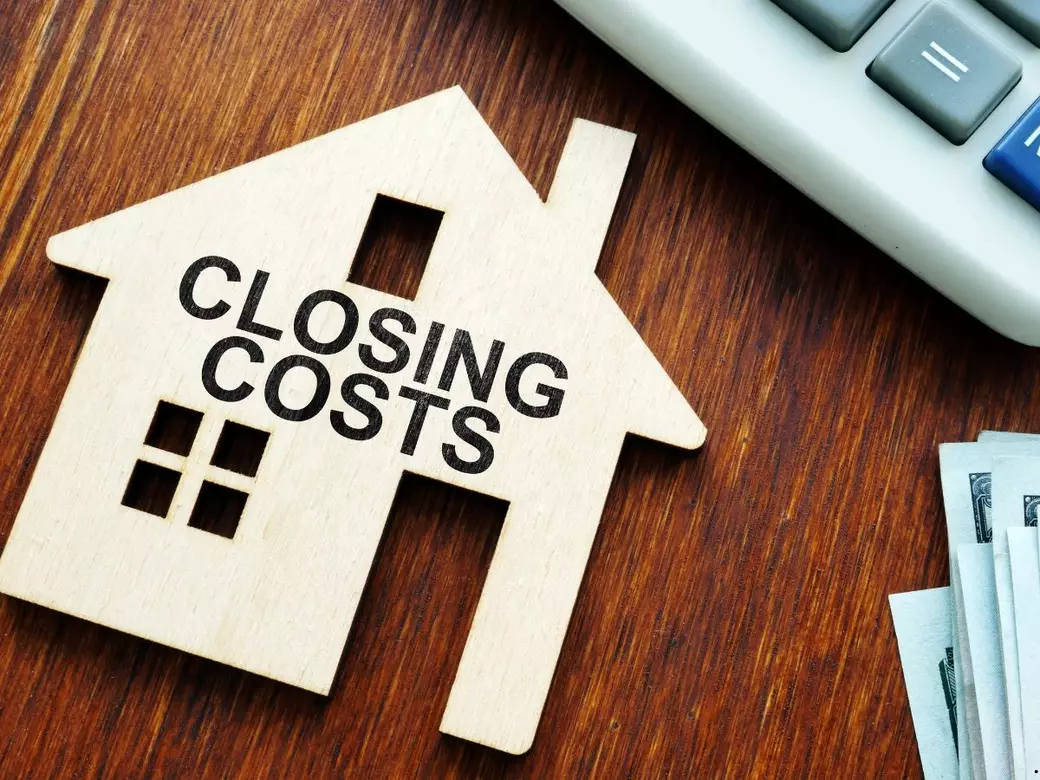
Understanding Closing Costs: Why They Matter in Every Virginia Real Estate Transaction
When you're preparing to buy or sell a home in Virginia—whether it’s your first home, you’re relocating due to military orders, or you're transitioning from renting to homeownership—there's one often overlooked cost that can sneak up on you at the closing table: closing costs. While many buyers focus primarily on saving for a down payment, and sellers are thinking about their net proceeds, closing costs can have a significant financial impact on both sides of the transaction.
In this guide, we’ll break down what closing costs are, who typically pays them, how much they are in Virginia, and what you can do to prepare for them. Whether you're buying a home in Lake of the Woods, selling in Spotsylvania, or buying land in Louisa County, understanding this part of the process will give you a stronger financial footing.
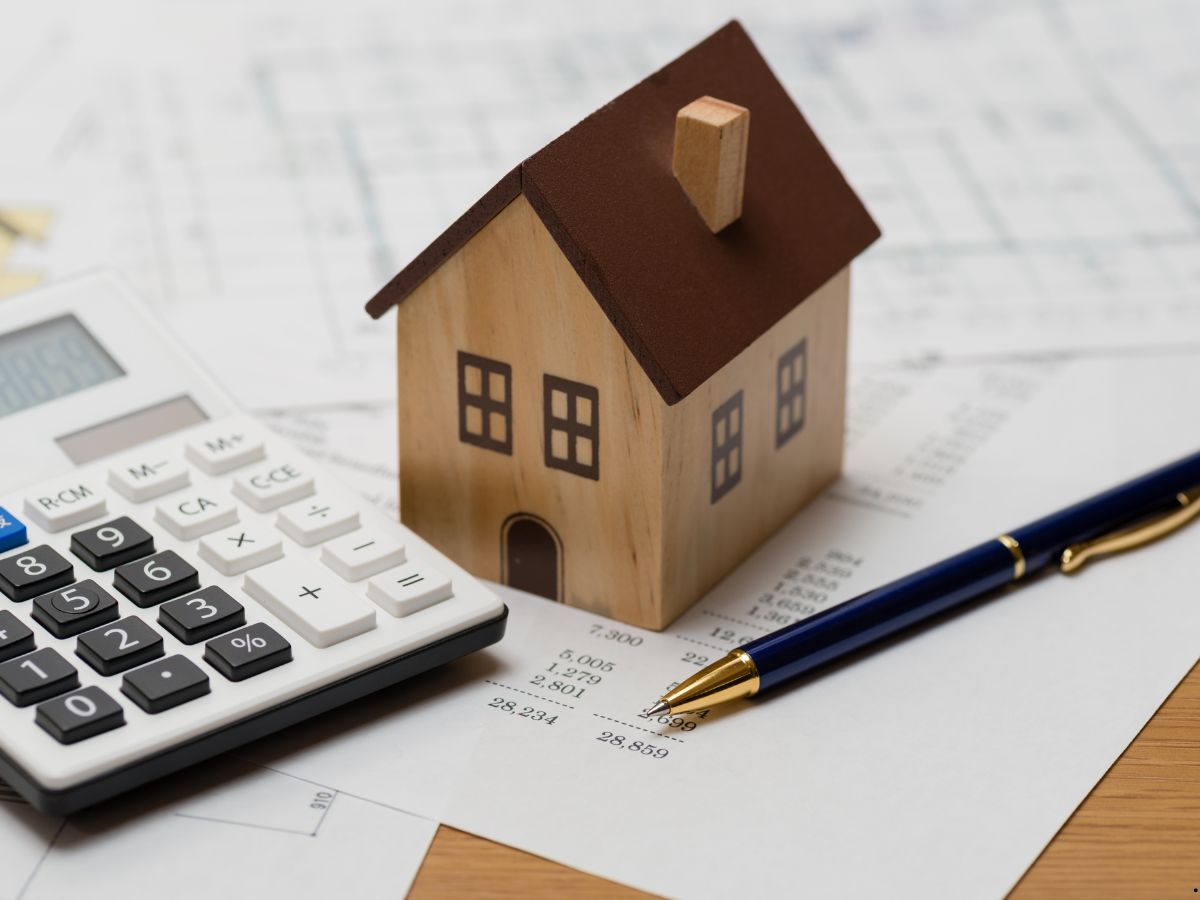
What Are Closing Costs, Exactly?
Closing costs are the collection of fees, services, and expenses required to finalize a real estate transaction. These costs are paid at settlement (also known as the “closing”) and are in addition to the down payment for buyers or deducted from the proceeds for sellers.
For buyers, closing costs typically include items like lender fees, title searches, taxes, and homeowner's insurance. For sellers, closing costs usually involve the real estate commission, deed preparation, and possibly a portion of the buyer’s closing costs if negotiated in the contract. These expenses can add up, so it’s critical to understand what’s involved in the process. Knowing these numbers early can give you a clear picture of what to budget—whether you're looking to buy your first home or preparing to sell your home quickly and confidently.
Closing Costs in Virginia: What to Expect
Understanding your total cash-to-close is essential. Many buyers prepare for their down payment but forget about the additional costs that must be paid at closing. Closing costs can vary slightly depending on the specifics of the home and location, but they generally include the following:
Common Closing Costs for Buyers Include:
-
Loan Origination Fees: These are charged by your lender for processing and underwriting the loan. This cost typically ranges from 0.5% to 1% of the loan amount.
-
Appraisal Fee: Lenders require an independent property appraisal to confirm the home's value. This cost usually falls between $400–$700 depending on location and property size.
-
Credit Report Fee: Your lender will charge a fee for pulling your credit report as part of the loan application process. This is typically around $30–$50.
-
Title Search & Title Insurance: The title company checks for any issues with ownership (like liens) and provides insurance to protect against future title disputes. Combined, these can range from $500 to over $1,500.
-
Prepaid Taxes & Insurance: You’ll likely be asked to prepay a few months’ worth of property taxes and homeowner's insurance to fund your escrow account.
-
Recording Fees: Paid to the local government to officially record the transaction. These fees are generally a few hundred dollars depending on the county.
-
Settlement fees: For the title company handling your settlement.
In Virginia, buyer closing costs typically range between 2% to 5% of the purchase price. For a $350,000 home, you might pay between $7,000 and $17,500. That’s a significant amount—and not something you want to discover last minute. If you’re using a VA loan, you may be exempt from some fees, but you’ll still have costs like the VA funding fee, which can be rolled into your loan.
✅ It’s essential to talk with a lender experienced in VA loans to fully understand your expenses.
Common Closing Costs For Sellers Include:
-
Real Estate compensation: Often 5–6% of the home’s sale price, allocated between the buyer's and listing agent.
-
Owner’s Title Insurance: This protects the buyer and ensures clear ownership. In Virginia, the seller typically pays for this policy.
-
Deed Preparation: This fee covers preparing the deed and other legal documents for transfer. It’s usually a few hundred dollars.
-
Transfer Taxes & Recording Fees: Some localities in Virginia charge a grantor’s tax or transfer tax on real estate transactions.
All of these costs are finalized on the Closing Disclosure (CD) form you’ll receive before settlement. It outlines every fee in detail, so you know exactly where your money is going. It's also important to understand that some of these costs are negotiable. For example the real estate compensation is always negotiable. You could also negotiate who would pay for a survey as part of the purchase and sale.
Can Buyers Ask Sellers to Help with Closing Costs?
Yes, and it happens more often than you might think—especially in Virginia markets where negotiation is key. Buyers can ask for seller concessions, which are specific amounts the seller agrees to contribute toward the buyer’s closing costs.
These requests must be written into the purchase agreement and are usually negotiated as part of the offer. For instance, a buyer might offer the full asking price and request $7,000 in seller-paid closing costs. While this can benefit buyers by reducing their out-of-pocket expenses, sellers may view concessions as cutting into their bottom line.
It's important to remember that sellers aren’t obligated to accept these terms. Whether they agree depends on the competitiveness of the market, how long the home has been listed, and the strength of the offer overall.
✅ Your REALTOR® can guide you through these negotiations to craft a win-win scenario.
How to Prepare for Closing Costs as a Buyer
Being prepared can make all the difference in a smooth home-buying experience. Here’s how to plan ahead:
-
Talk to a local lender early: They’ll give you a Loan Estimate outlining your expected closing costs.
-
Factor closing costs into your budget: Don’t let the down payment be your only savings goal.
-
Ask about down payment assistance: Virginia offers several programs that can also help with closing costs.
-
Negotiate smartly: Sometimes it’s better to offer a higher purchase price if the seller agrees to cover some of your costs.
If you are buying land, expect to pay for a survey, title work, and recording fees, just like with a traditional home. If you are getting a loan you may need an appraisal or environmental assessment. Since land deals often don’t include owner’s title insurance by default, make sure you request it to protect your investment. Buyers purchasing land should also be mindful of zoning restrictions, well/septic tests, and future building requirements—all of which could require additional out-of-pocket costs down the road.
How to Prepare for Closing Costs as a Seller
Sellers should work with their agent to understand net proceeds—how much you’ll walk away with after all expenses are paid.
-
Request a seller net sheet early in the process
-
Be open about concessions if it helps secure a strong buyer
-
Understand tax implications, especially if you've owned the home for less than two years
If you're selling land, your costs might be lower since there’s no structure to appraise or insure—but transfer taxes and title work still apply. Also, the buyer may request that you pay for the survey and other inspections like the perk test which need to be considered.
Closing Cost Myths That Can Hurt Your Deal
Let’s bust a few common myths that might be floating around:
-
“The seller always pays the buyer’s closing costs.”
-
❌ Not true. It’s negotiable, and many sellers don’t offer concessions unless asked.
-
-
“VA loans mean no closing costs.”
-
❌ Also false. VA loans allow for zero down payment, but there are still closing costs unless negotiated.
-
-
“You can estimate closing costs on your own.”
-
❌ You can get a ballpark idea, but a lender or real estate pro can give you real numbers based on your transaction.
-
Conclusion: Plan Ahead, Ask Questions, and Lean on Local Experts
Closing costs may not be the most glamorous part of the home buying or selling journey—but they are one of the most important. By understanding what they are, how much they typically cost in Virginia, and how to navigate them effectively, you’ll avoid surprises and move forward with more confidence.
Whether you're a first-time home buyer, selling a home, buying/selling land, or PCSing to Virginia with the military, planning ahead for closing costs can make all the difference. From negotiating seller concessions to rolling costs into your mortgage, there are strategies to help you manage your out-of-pocket expenses and make smarter decisions. The more you know, the smoother the process will be.
You don’t have to go it alone—especially not in Virginia’s competitive market. If you're curious about what your exact closing costs will look like, let’s chat. I’m here to help you take the guesswork out of real estate—and get you confidently to the closing table.
Categories
Recent Posts
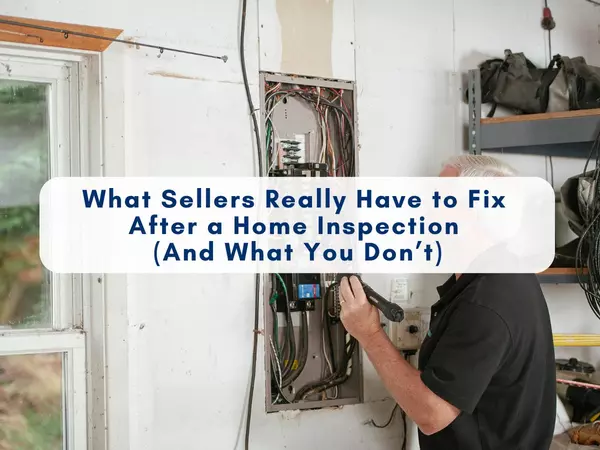

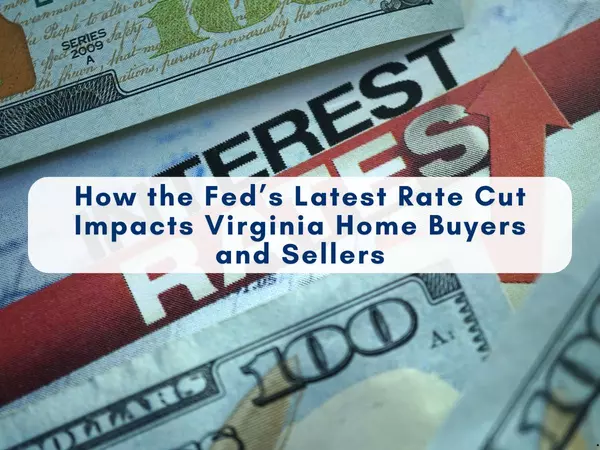
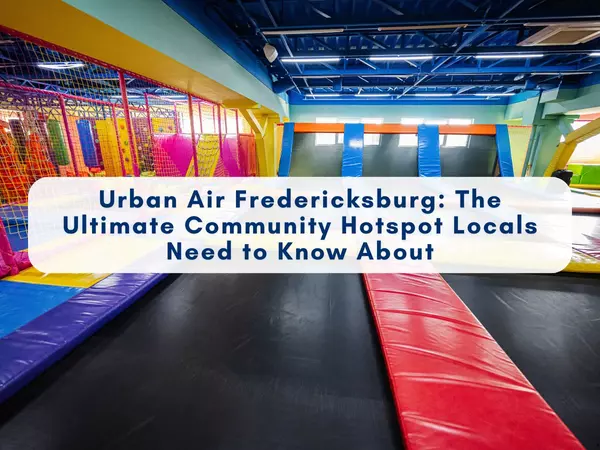
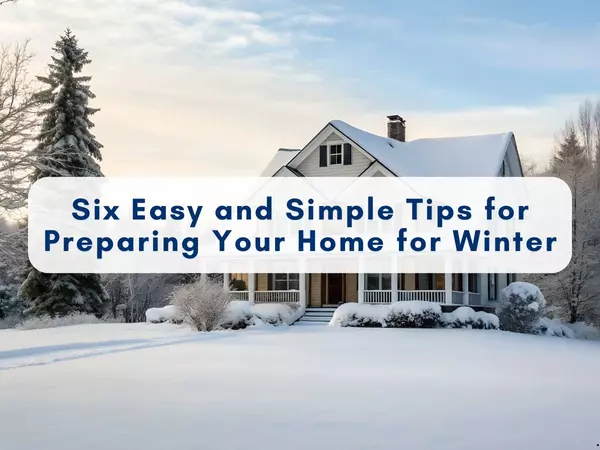
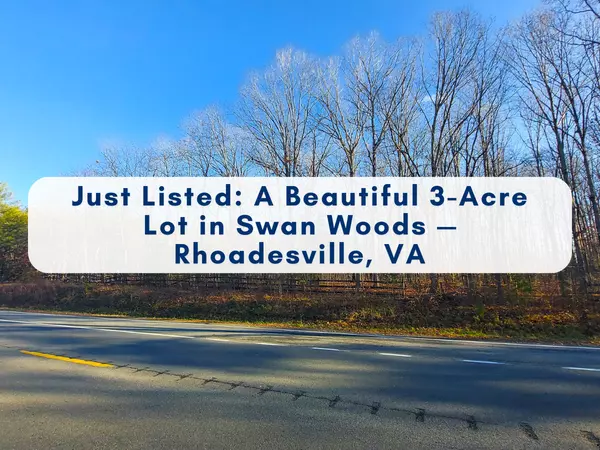
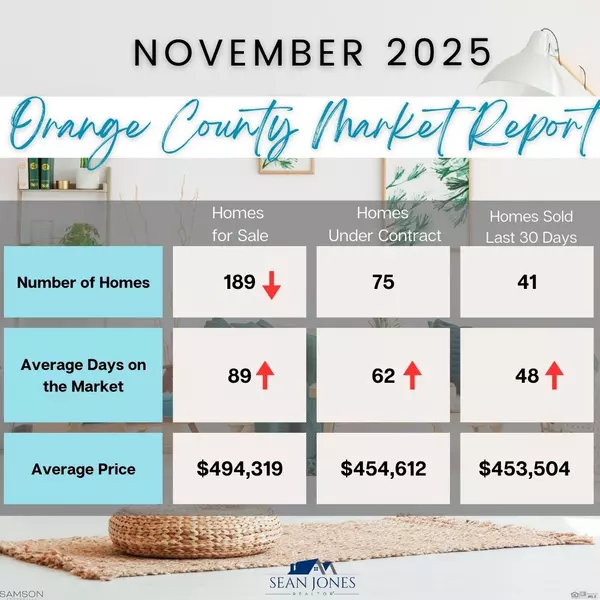
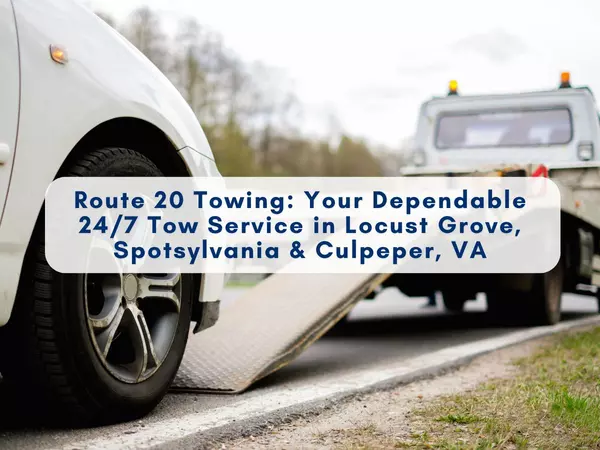

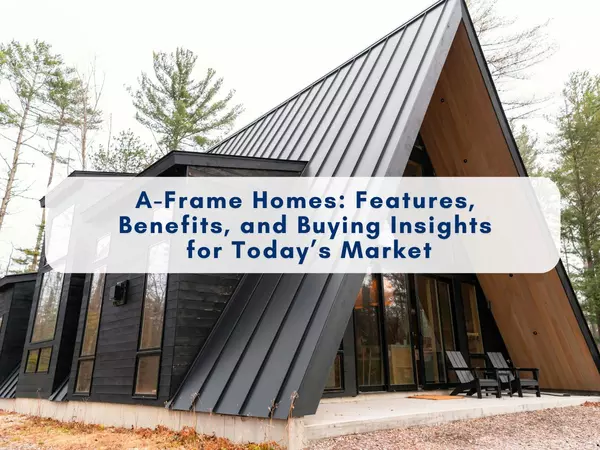

Buying a home isn’t just a financial decision—it’s a deeply personal journey filled with hopes, dreams, and big life changes. That’s why choosing the right real estate professional is one of the most important steps you can take.
A knowledgeable and experienced REALTOR® does more than open doors and write offers. They’re your advocate, your problem-solver, and your steady guide through what can sometimes feel like an overwhelming process. Whether it's navigating a competitive market, negotiating on your behalf, or keeping things on track behind the scenes, the right agent is there to protect your interests every step of the way.
In the end, buying a home should be an empowering experience. With the right person by your side—someone who brings both expertise and heart—you can move forward with confidence, knowing you're in good hands with Sean Jones.
GET MORE INFORMATION
